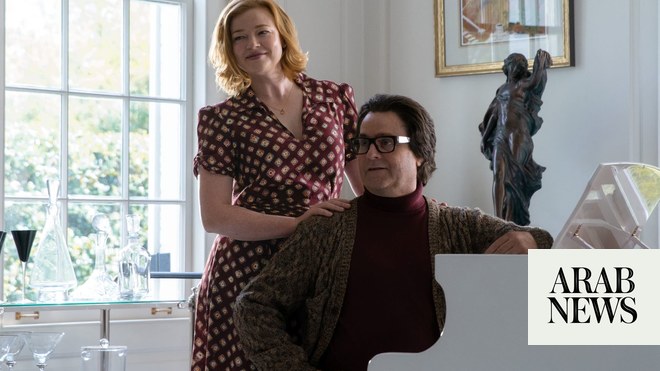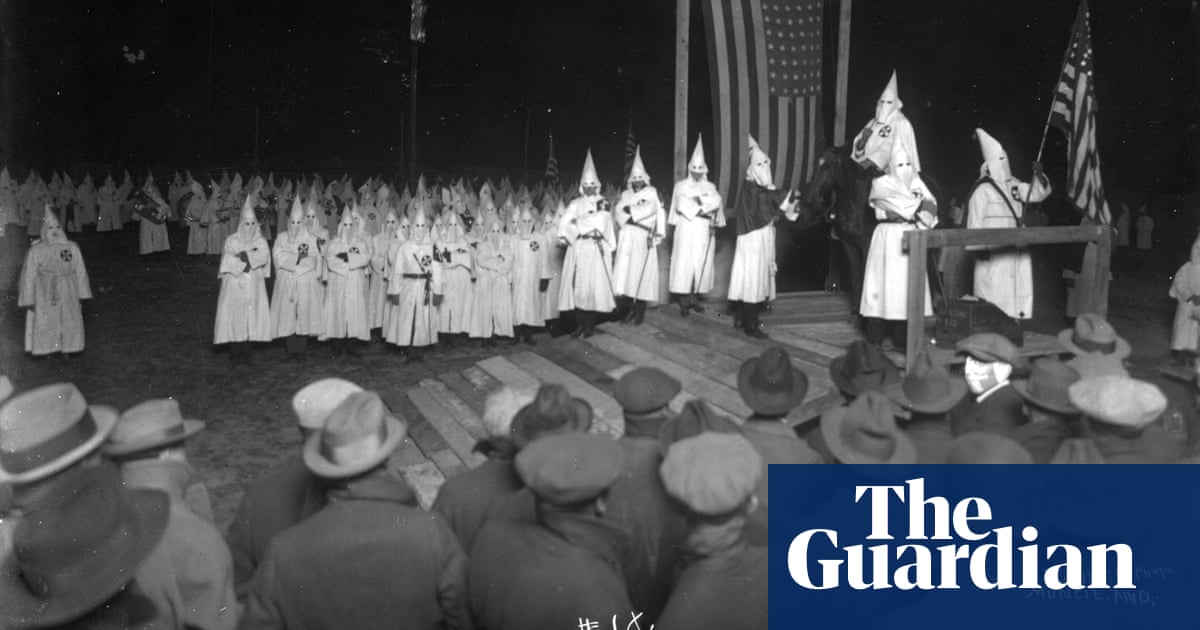
Netflix doc only scratches surface of reasons behind dominance of cultural institution
LONDON: There’s an infectious enthusiasm about the four kids who star in “Spelling the Dream” — director Sam Rega’s Netflix documentary exploring the dominance of Indian-American contestants in US spelling bees. These children, gifted as they are, appear to simply love being part of the inimitable North American spelling bee culture: they thrive on the pressure of the performance and find the kind of stoic dignity in defeat that would put many adults to shame.
And it’s this unbridled joy for the rigorous, grueling competition that makes “Spelling the Dream” so engaging to watch — despite the fact that it rarely ventures deep into the societal and cultural context that has seen Indian-American kids play such a fundamental role in spelling bee history. Indeed, comedian Hari Kondabolu, who appears as a talking head in the film, likens these competitions to an Indian-American Super Bowl.
And it’s this unbridled joy for the rigorous, grueling competition that makes “Spelling the Dream” so engaging to watch — despite the fact that it rarely ventures deep into the societal and cultural context that has seen Indian-American kids play such a fundamental role in spelling bee history. Indeed, comedian Hari Kondabolu, who appears as a talking head in the film, likens these competitions to an Indian-American Super Bowl.
It’s a totally understandable move, particularly given that simply following the four stars yields such heartwarming footage — of their love for spelling and of the support proffered by their families. But the end result is a film that gives an enthralling glimpse into the culture of spelling bees, but that ends up feeling life affirming rather than revelatory.












